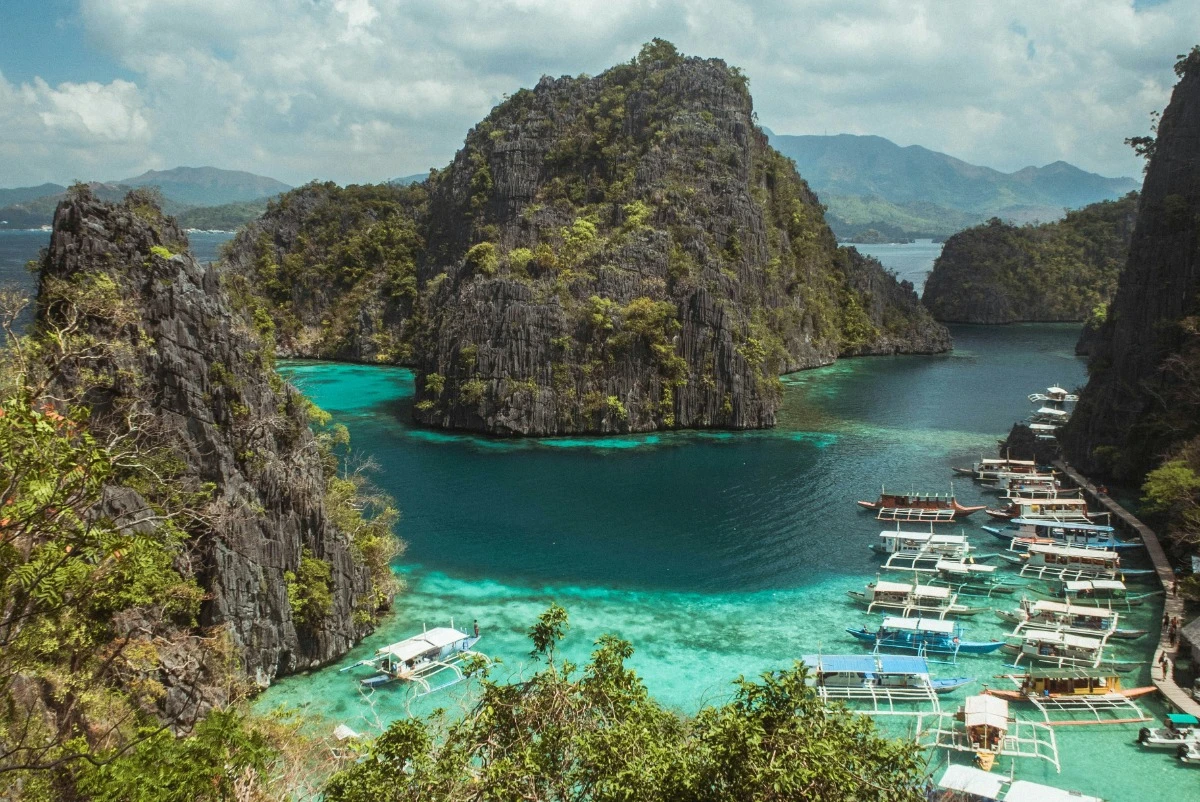POGO ban could speed Philippines’ exit from money-laundering grey list

Since June 2021, the Philippines has been on a global “grey list” of countries at higher risk for financial crimes. A new ban on Philippine Offshore Gaming Operators (POGOs), could help facilitate the country’s removal from the list.
The grey list and the notorious blacklist are compiled three times a year by the Financial Action Task Force (FATF). According to the FATF website, a presence on the list “damages a country’s reputation and reduces its international standing”. It can scare off foreign investors, including global banks, and make credit more difficult to obtain.
FATF handed down 18 action items for the country to complete before it can be delisted. “The Philippines has actually taken action on 15 of the 18 action items that it needed to act on,” outgoing FATF president T Raja Kumar said at a press conference in June.
Even so, the watchdog agency maintained the listing pending further improvement.
“The Philippines should quickly address the remaining three action items,” said Kumar. They include “demonstrating that supervisors are using anti-money laundering and counter-financing of terrorism (AML/CFT) controls to mitigate risks associated with casino junkets.”
End of a crime-ridden era
On 22 July, the Philippine president, Ferdinand Marcos Jr, ordered the POGO ban by the end of the year. In his state of the nation address, Marcos accused the industry of financial scamming and money laundering, among other crimes.
POGOs have also been tied to “prostitution, human trafficking, kidnapping, torture and even murder”, the president said. “The grave abuse and disrespect of our system must stop.”
Economist Eli M Remolona, Jr, governor of Bangko Sentral ng Pilipinas, the country’s central monetary authority, hailed the POGO ban.
Since taking office in July 2023, Remolona has pushed for systems to bolster the country’s financial stability. The POGO ban, he told BusinessWorld, could lead to “a drop in money laundering, which should help us exit the grey list”.
Chester B Cabalza, president of International Development and Security Corp of Manila, said the ban would boost more “legitimate” investments.
“The Philippines may be relieved (of) the grey-list tag,” he wrote. That would open the market to “more legal and moral entertainment investments for the inclusive growth of the country”.
Research consultant Bienvenido S Oplas Jr said the ban would help increase traffic to land-based casinos in Manila and elsewhere. “When POGOs are banned, then gamblers from China will be forced to travel to the Philippines and do their gambling in big casinos,” he said.
POGO ban could create a clean slate
In comments earlier this year, political scientist Alex Magno said the Philippines lack the political will to exit the list.
“We have been trying to graduate from the grey list, to little avail,” he wrote. “We continue to wallow in financial purgatory. Even as a great toll is taken on our economic progress, our legislators continue to drag their feet on reforms.”
But the pressure brought to bear by FATF can lead to positive change, prompting monitored countries to address deficient financial protocols. In February alone, four countries exited the list: Barbados, Gibraltar, Uganda and the United Arab Emirates. Remolona predicts the Philippines will join them next year.
“In October, (FATF) will decide whether we have fulfilled the 18 action plans,” Remonolo said. “And then between October and January, they check. January is the exit date.”
In addition to the Philippines, the grey list now includes:
Bulgaria
Burkina Faso
Cameroon
Croatia
Democratic Republic of Congo
Haiti
Kenya
Mali
Monaco
Mozambique
Namibia
Nigeria
Senegal
South Africa
South Sudan
Syria
Tanzania
Venezuela
Vietnam
Yemen
People’s Republic of Korea, Iran, and Myanmar are on the blacklist.
